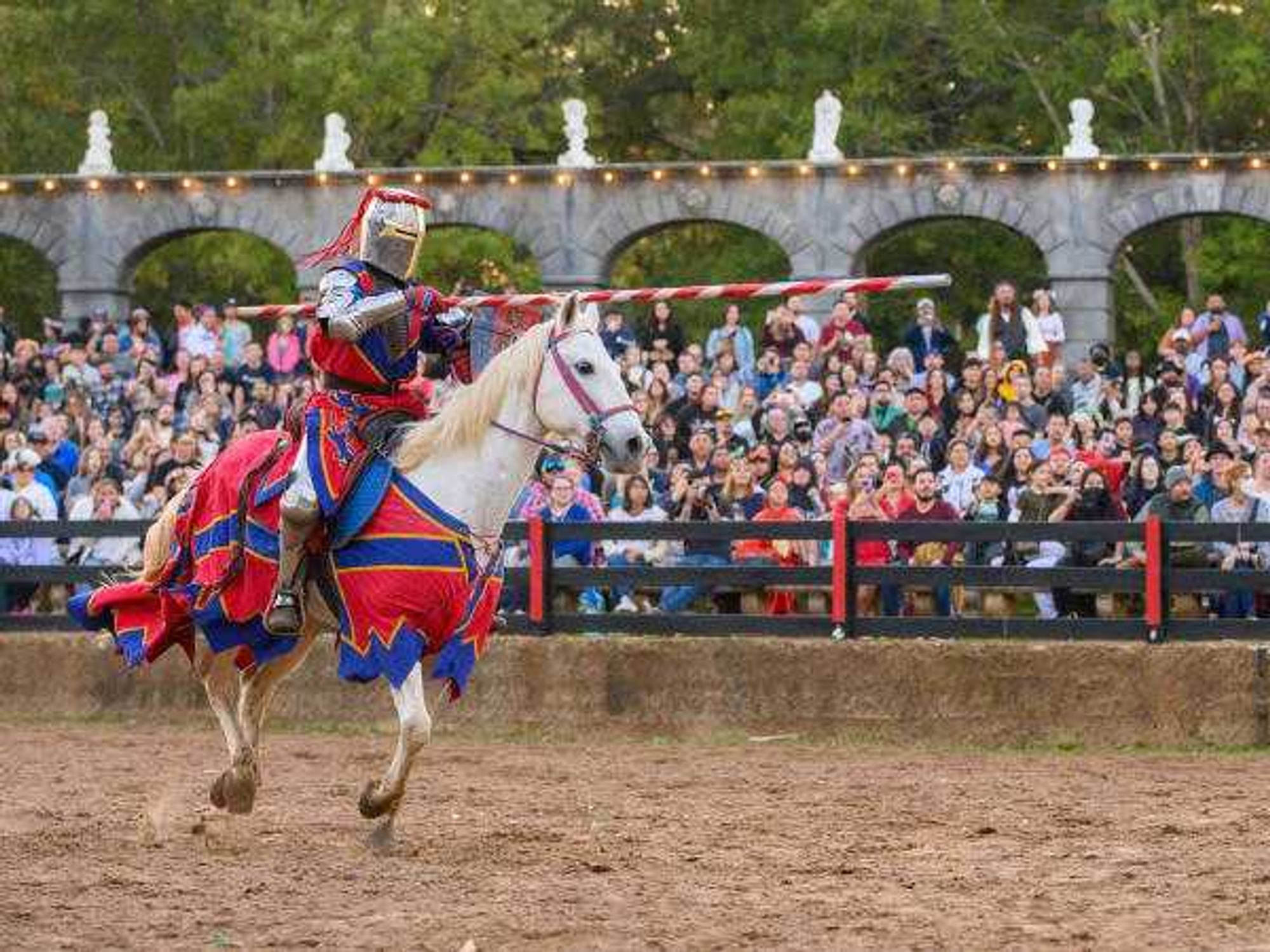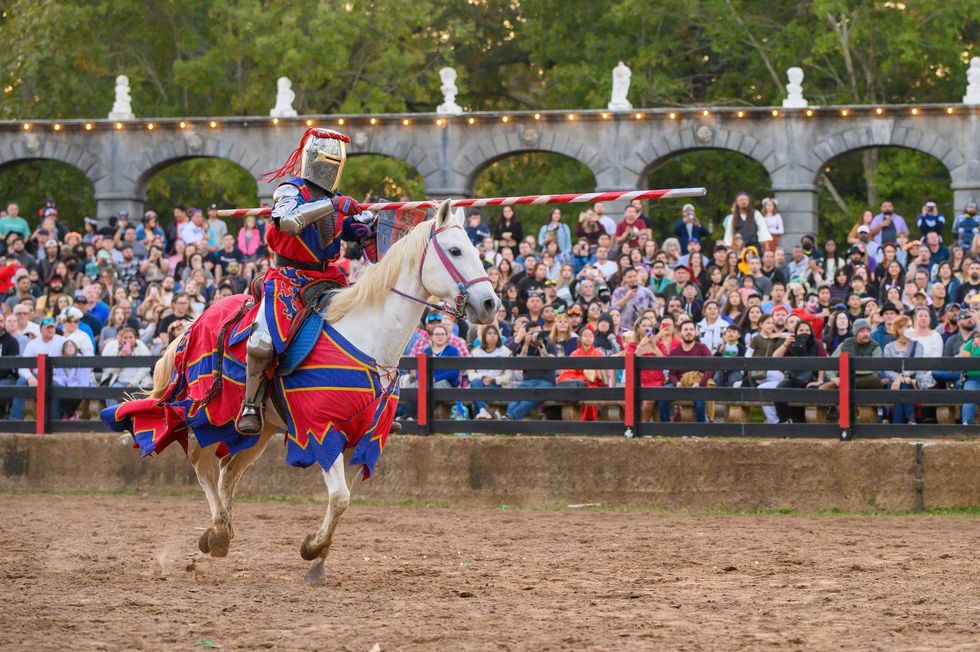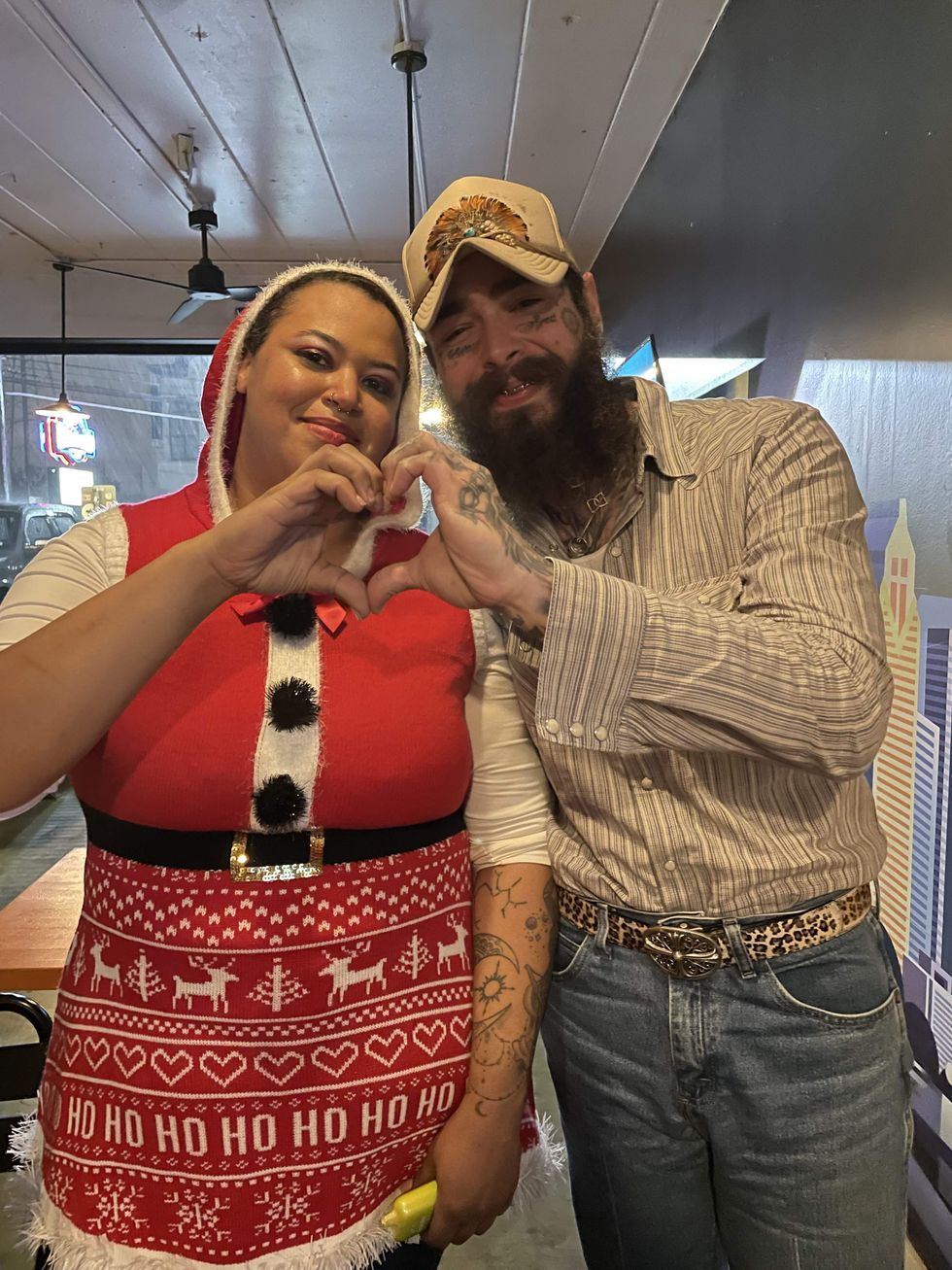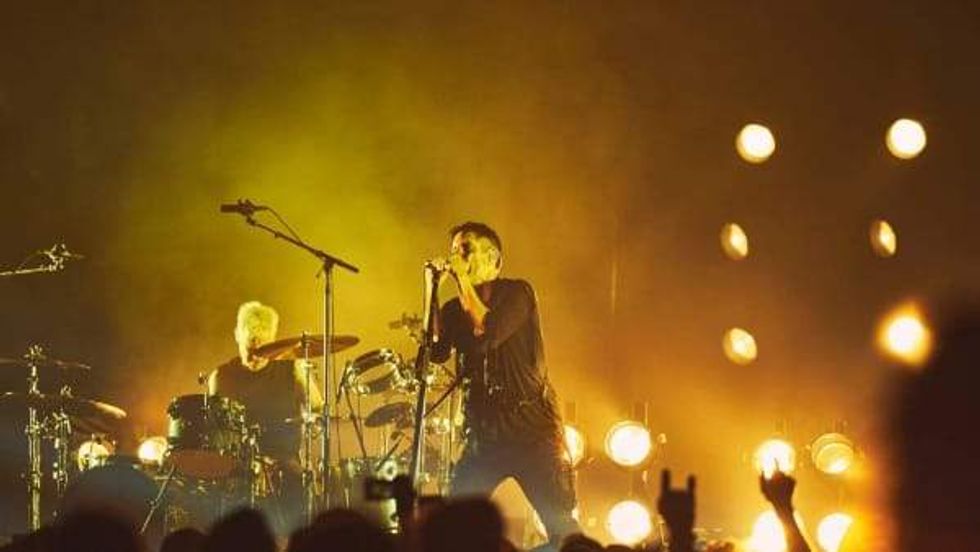Five Questions
The music communicator: Former prodigy Frank Huang embraces new challenge atHouston Symphony
The Houston Symphony has plenty of new in store this season, but the biggest new face is Frank Huang, an acclaimed violinist who's returned to Houston to take over as concertmaster. Though he was born in China, Huang moved to Sugar Land when he was seven and spent many of his formative years growing up in the shadow of the Bayou City.
Huang was only 11 when he first performed with the Houston Symphony in a nationally broadcast concert and now after playing around the world as a soloist and teaching at the prestigious Eastman School of Music, he returns in one of Symphony's most important positions for Saturday's Opening Night: A Vienna Soiree at Jones Hall. Tabbing the 32-year-old Huang as concertmaster completed a two-year, worldwide search to fill the position.
CultureMap talks to Huang about seeing Houston in a different light, the challenges of his new role and the spectacle of Opening Night and the guests it brings.
CultureMap: You grew up in Sugar Land. How does it feel to be back in the hometown?
Frank Huang: It feels good. My parents are here and they're very happy I'm back close to home. I left when I was quite young, about 15, and I haven't had much time to be back, so it's nice to come back and get to know the city as an adult. I've seen a lot of things that I didn't know were here.
CM: What's your role as the concertmaster?
FH: Well I was a concertmaster before for about seven to eight years, of a chamber orchestra, but a full symphony is different — there's more people, a lot more people than the chamber orchestra, and before I had no conductor. It was a small thing, but with a big orchestra you want to still keep that small feel. The concertmaster is like a conduit between the conductor and the rest of the orchestra. What (the conductor) wants to do with the music the concertmaster has to translate that into actual playing.
There are specific things I have to do as well, making sure all the string players' bowings are matching, lots of discussions with other principal players about how to play things, especially things that are tricky and difficult. It's kind of like being the middle man. But the people here are great musicians, they listen and watch well.
CM: What are you most excited about this season? Is there anything you haven't played before?
FH: Opening night on Saturday, the Mozart Sinfonia concertante — that's going to be really fun, great piece between myself and Wayne Brooks on viola, as well as my first performance as concertmaster. There's a lot of great music throughout the season, it's hard to pick a specific one. Each week will be its own challenge.
There's actually a lot of pieces I haven't played, I know them just from hearing them, and maybe I played them in school, but most of my career so far has been concertos and trios, quartets, small groups, so I've played pretty much all that kind of music, but with symphonies and big pieces there is a lot that's new to me.
CM: Looking forward to any special guests?
FH: There's alot of people I know coming — Gil Shaham, I'm very excited to see him, I've done a few recordings with him and a few tours and he's one of the nicest, greatest guys around. A couple of younger musicians that are friends of mine from chamber music, like Alisa Weilerstein, she played in the first quartet I was in when I was 17-18 years old, her dad was my teacher. It's a lot of fun to see them and have them here.
CM: Before coming to Houston, you taught at Eastman School of Music. How does this experience compare?
FH: It's a completely different thing, I enjoyed teaching a lot and I'm teaching this year at the University of Houston. It's so rewarding. I've had some inspirational teachers and I think that's why I love it, because I can see what can happen when you inspire someone to practice and really work to be their best.



